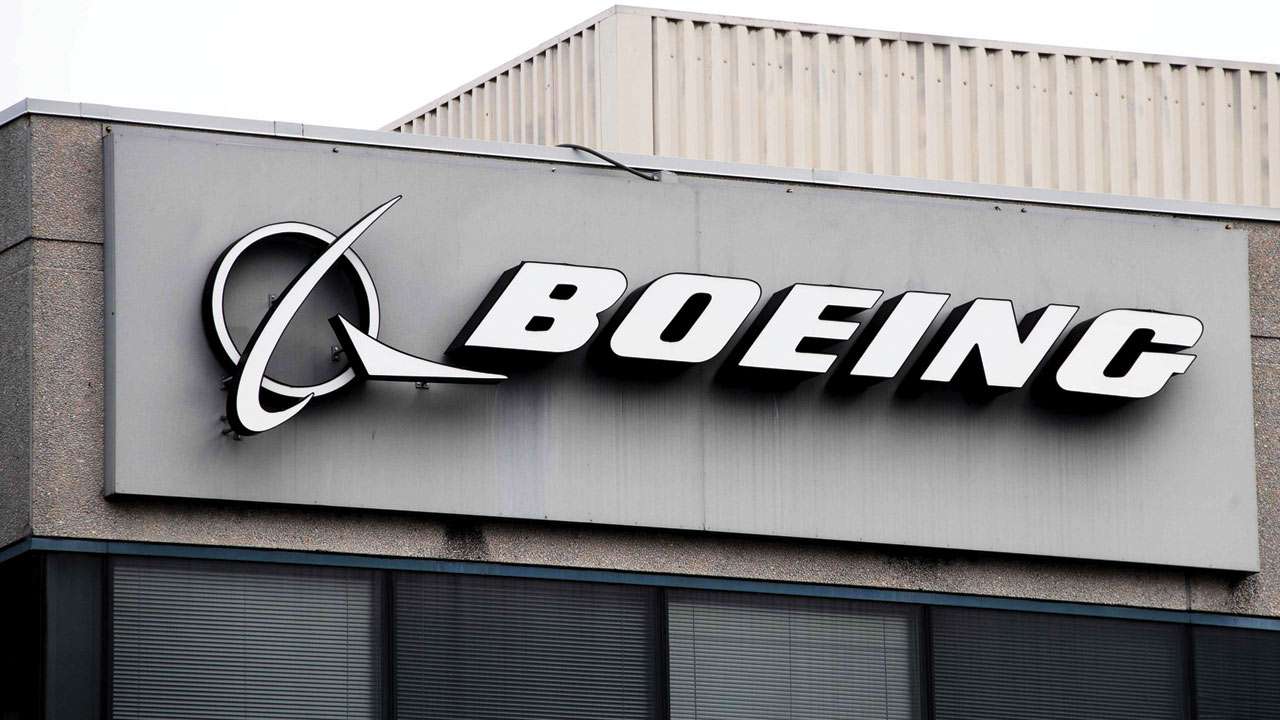DGCA grounds Boeing's 737 Max 8 aircraft

Boeing , AFP
Responding to the recent crashes involving Boeing's 737 MAX 8 jets, the Directorate General of Civil Aviation (DGCA) decided to ground the contentious planes immediately until appropriate modifications and safety measures are undertaken to ensure their safe operations. "As always," said the DGCA, "passenger safety remains our top priority. We continue to consult closely with regulators around the world, airlines, and aircraft manufacturers to ensure it."
On March 10, Ethiopian Airlines' B737 crashed, killing all 157 onboard. A Lion Air 737 Max 8 crashed in October 2018, killing all 189 passengers and crew. The two crashes have prompted global fears over the safety of the Boeing. UK, China, Indonesia, Singapore and Australia are among the countries that have grounded or suspended its operations.
Meanwhile, Aircraft Accident Investigation Bureau's (AAIB) investigation into the failure of the A320neo engine in January 2017 has revealed an over estimation of its capability by manufacturer Pratt & Whitney (P&W). A320neo is manufactured by European aircraft manufacturer Airbus and powered by American aerospace manufacturer P&W's turbofan engines.
"In the last inspection carried out on January 09, 2017, P&W was aware of a dislodged bolt in the combustion chamber," says the report about the incident that grounded the Mumbai-Delhi IndiGo flight on January 21, 2017. However, the company gave it a bill of health for 375 more hours of operation — the engine failed after 290 hours.
The report says the engine was under distress when it failed to take off with 165 passengers on board. The report listed P&W's disposition as a factor to the incident.
The aircraft was lined up for take-off on runway 27, when the pressure level suddenly fell, triggering an Engine Stall warning; the low speed also rejected take off. Everyone on board was safely evacuated.
The report adds that the A320neo engines were retrofitted by M/s Indigo Airlines in March 2016, and a number of component failures have been observed since. Erosion in the combustion chamber, detection of cracks in the inner and outer liner of the combustion chamber were some of the problems reported.
However, IndiGo had all the permissions necessary to fly on January 21, and no engine related snags were reported before the flight, the investigation found.
The report does not contain recommendations as the P&W engine is still under observation by Airworthiness Directorate of DGCA and is also undergoing component modifications.
In 2018, DGCA grounded several aircraft, including that of Indian Airlines, IndiGo and GoAir, following a directive by European Aviation Safety Agency on A320neo engines. The directive followed instances of engine shut-down during flight and rejected take-offs involving the A320neo family.
As a result, thousands of flights were cancelled.
IndiGo and P&W did not respond to questions.
What is a A320neo?
A320neo is manufactured by European aircraft manufacturer Airbus and powered by American aerospace manufacturer Pratt and Whitney's (PW) turbofan engines. Neo stands for New Engine Option, and it is one of many upgrades by Airbus, that is fuel efficient and helps it maintain A320 product line's position as the world's most advanced and fuel-efficient single-aisle aircraft family.
—With inputs from agencies